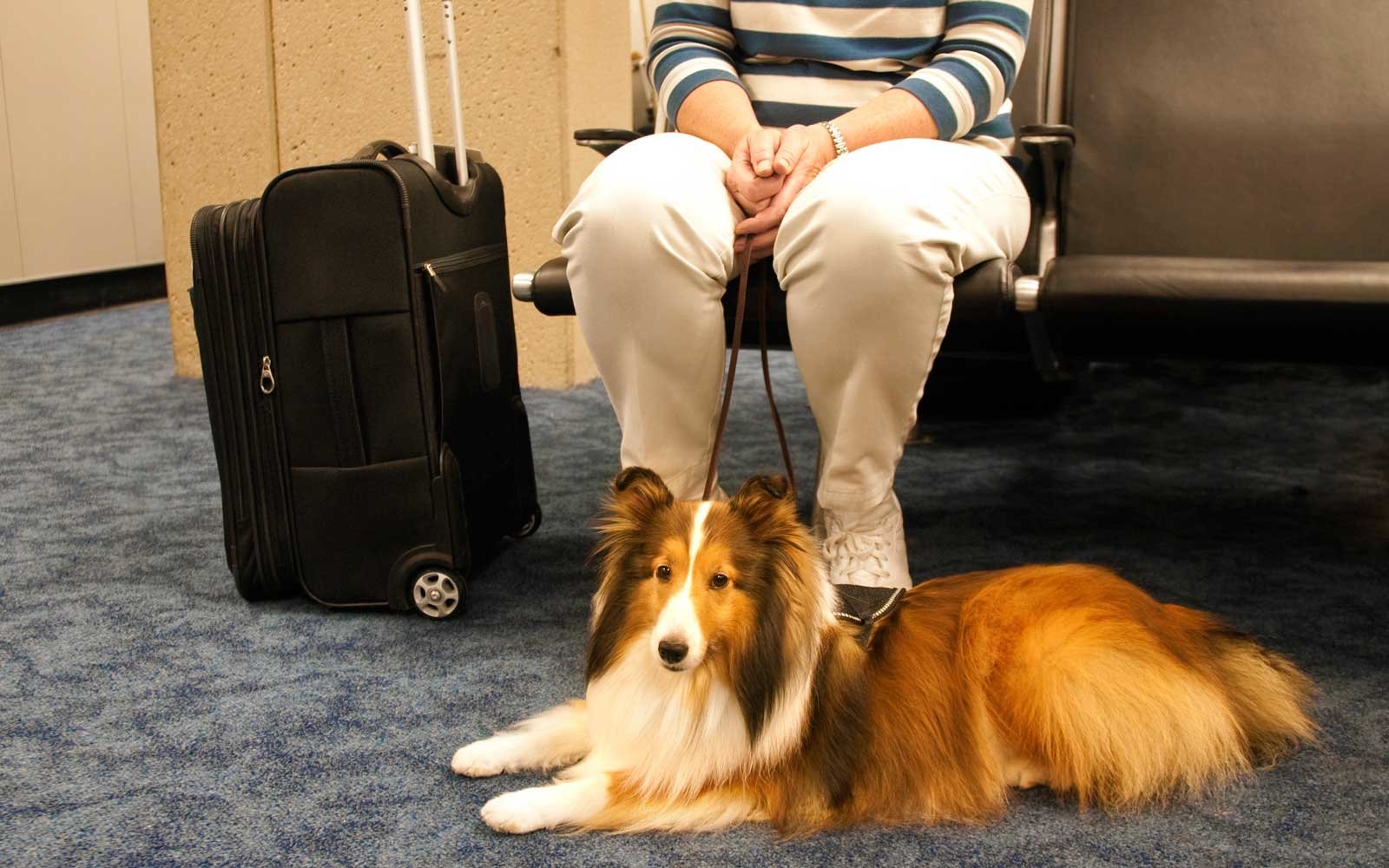[dropcap]T[/dropcap]here is nothing that can worry a landlord more than the prospect of allowing pets in the managed unit. Horror stories have spread far and wide about troublesome tenants and their pets. However, most of this negative behavior can be eradicated by establishing clear ground rules from the beginning and following through on any violations.
Add a Pet Policy to Your Lease Agreement
Whether you allow pets or not on the premises, it’s important to address it in your lease agreement. New York upholds the Pet Law which states that if a pet policy is not stated in the lease, then a loophole exists in which a tenant can lawfully keep a pet. This loophole provides that if a tenant possesses an animal in their unit for at least 3 months, he or she may keep as long as the landlord knew it existed.
As you can see, it’s important to address issues immediately and provide a pet policy whether they are permitted or not.
Types of Animals You Will Allow
You can also decide which types of pets you will allow on site. Some landlords are more lax while others only allow a dog or a cat. Include what this looks like for the tenant in your lease agreement’s pet policy. Be specific, too. Indicate how many are allowed to live in the unit and how they are expected to behave. Tenant violation of a pet policy is a lawful cause for eviction.
Collecting a Pet Deposit
In New York, a landlord is permitted to request a reasonable pet deposit fee for any potential damages caused by the pet during the course of tenancy. The amount you choose should be the same for every tenant as to be fair.
For example: “The pet deposit under this property is 50% of one month’s rent or $800.” The percentage structure is more progressive strategy instead of a flat rate. However, there are a few exceptions to requiring a pet deposit as discussed in the section below.
Emotional Support Animals Are Treated Differently
Emotional and medical support animals are protected under the Americans with Disabilities Act (ADA). This means that your “pet-free” property could actually be illegal. If a person discloses the need for an animal, they are required to prove they have:
- a qualifying disability;
- qualified to live in the unit;
- a reasonable type of animal (no exotics); and
- a need to have the animal in order to live in the home.
These types of prospective tenants require extra legal attention. As a landlord, you might be able to benefit from speaking with a competent attorney like Adam Leitman Bailey PC. If a tenant does qualify to keep an animal due to a disability, then you must allow it. You may legally charge a pet deposit to him or her.
Be Firm but Fair in Policy Making
Some studies have shown that animal owners earn more on average than non-pet owners. It’s a valuable market and not one to ignore. If you are considering the opportunity to allow pets on your property, make the rules very clear (and in writing) to the tenant. However, stay mindful to be reasonable regarding expectations.







